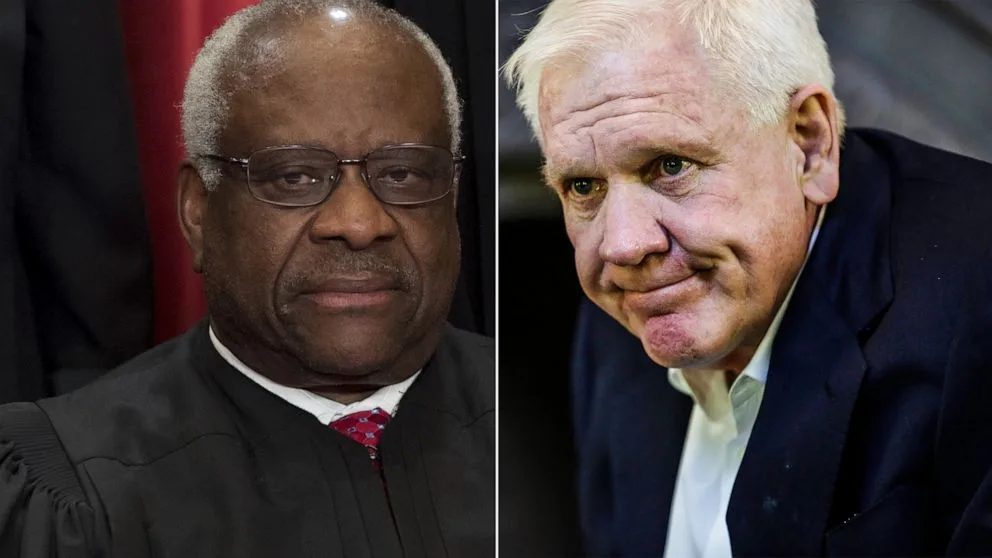The issue of Supreme Court ethics has come to the forefront of national discussion following a ruling by the Judicial Conference of the United States not to refer Justice Clarence Thomas to the Department of Justice for potential violations of ethics rules. This decision occurs amid increased scrutiny over Thomas’s financial disclosures and his connections to billionaire Harlan Crow. Justice Thomas, who has been at the center of controversy over alleged undisclosed gifts and luxuries provided by Crow, including vacations and private jet travel, has insisted that he followed the law and guidelines for disclosing such gifts. Critics argue that Thomas’s relationships pose questions about judicial impartiality. Senator Dick Durbin, chairman of the Senate Judiciary Committee, expressed concerns about the integrity of the Supreme Court, highlighting that the public expects high ethical standards from its justices. Meanwhile, the court’s policy on disclosure remains under debate, particularly concerning whether it should adopt more stringent measures akin to those required of lower federal judges. Senate confirmation hearing transcripts reveal that Thomas had previously spoken about his appreciation for transparency, but critics claim he has failed to adhere to these principles. Thomas’s situation draws contrasting views from various lawmakers, with some defending his record and others calling for transparency reforms. As the Supreme Court grapples with these ethical implications, the broader debate about accountability within the highest court in the land continues to unfold.
Supreme Court Ethics Debate Intensifies as Judicial Body Declines to Refer Clarence Thomas to DOJ













